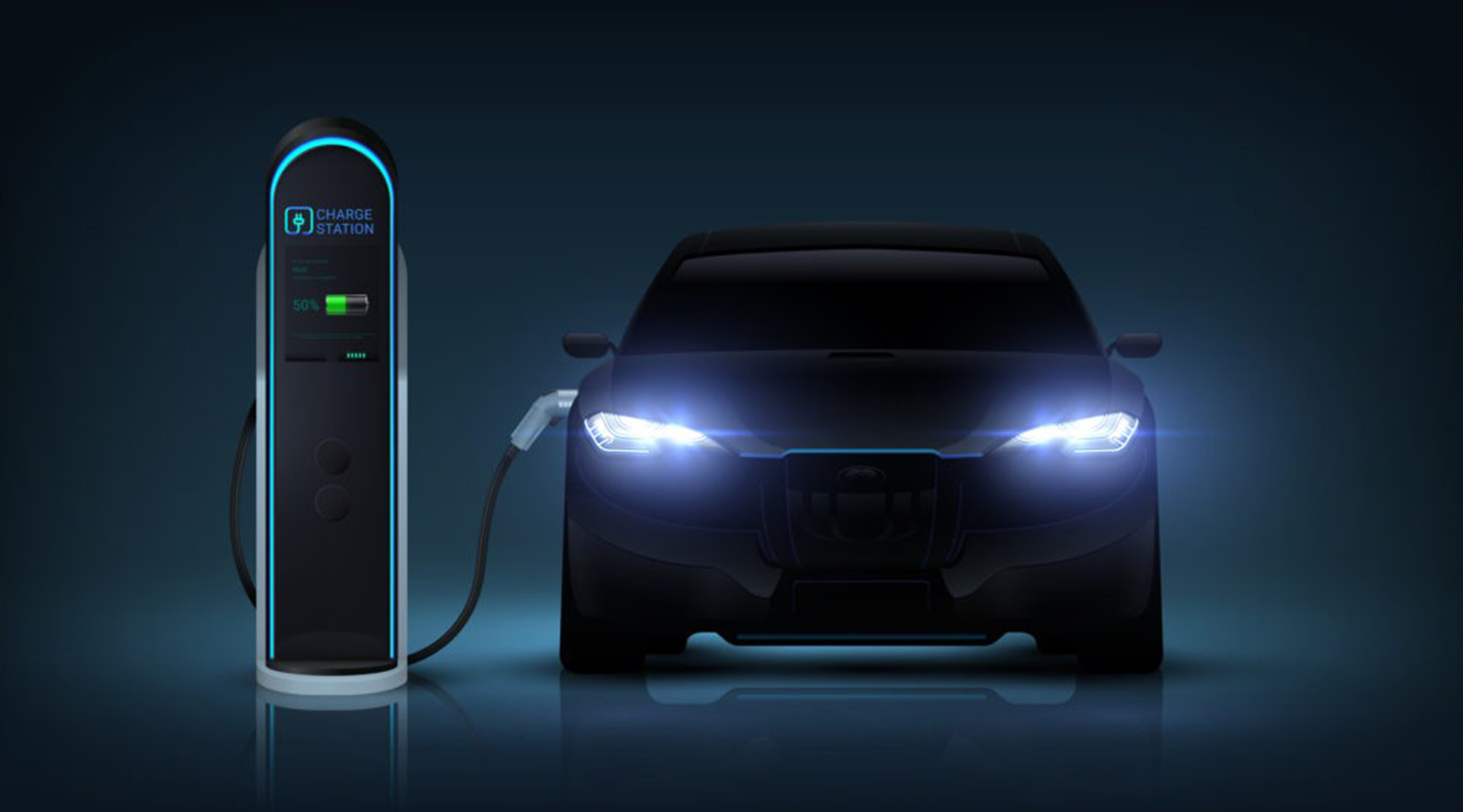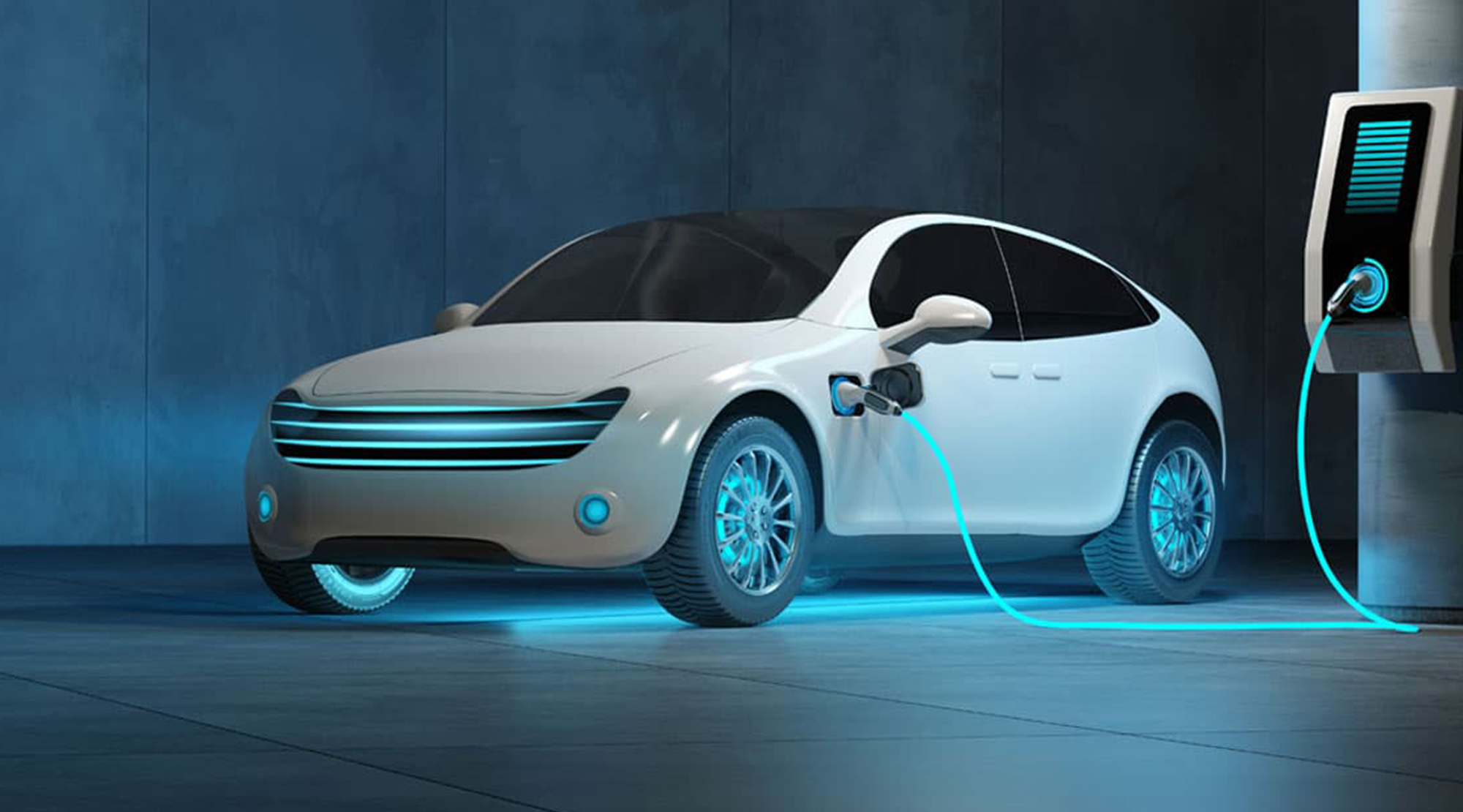If you’re an EV owner, understanding the difference between 120v and 240v charging is essential. Knowing which one to use and when can save you time, effort, and money. Let’s discuss the differences between these two types of Tesla charging.
120V Charging
120V charging stations are found in most homes and require a standard outlet. The power output from this type of charger is low, averaging between 1.4-3 miles of range per hour of charge time, meaning it will take 8-10 hours to reach full capacity on your vehicle’s battery. However, this type of charger is likely the least expensive option for home EV charger installation available today.
240V Charging
The power output from a 240V charger is much higher than that of a 120V charger—averaging around 25 miles of range per hour of charge time. This means that you can expect a full charge in around 4-5 hours instead of 8-10 hours with a 120V charger. In addition to being much faster, 240V charging stations tend to be more reliable as they draw power directly from your home’s electrical panel rather than relying on an outlet as with a 120V charger.
If you own an EV then understanding the differences between 120v and 240v Tesla charging is essential for ensuring that you get maximum range out of your vehicle each time you charge it up. With its lower cost and ease of EV charger installation, 120v charging may be best if you don’t need fast recharge times; however if speed is important to you then a 240v charged may be worth the extra cost due to its increased power output which allows for faster recharge times than with a 120v station. Finally, deciding whether to go with a plug-in or hardwired setup should depend on where your EV will be parked most often as well as how long you plan on keeping it in one place – both factors that should determine which type would work best for your needs.
Hardwired vs Plug-in Chargers
When it comes to 240V chargers, there are two main types: plug-in and hardwired chargers. Plug-in chargers are the quickest and easiest option but they require an outlet or plug nearby so that you can plug the charger into it (just like a lamp). Hardwired chargers are more permanent solutions since they need to be installed directly into your home’s electrical wiring by an electrician—but this also makes them more reliable since they don’t depend on having an outlet nearby for power.
The Benefits of Having a Home EV Charger
5 Subtle Signs You Need An Electrician
Welcome
Welcome to the Advanced Custom Fields community forum.
Browse through ideas, snippets of code, questions and answers between fellow ACF users
Forums
Helping Others
Helping others is a great way to earn karma, gain badges and help ACF development!

